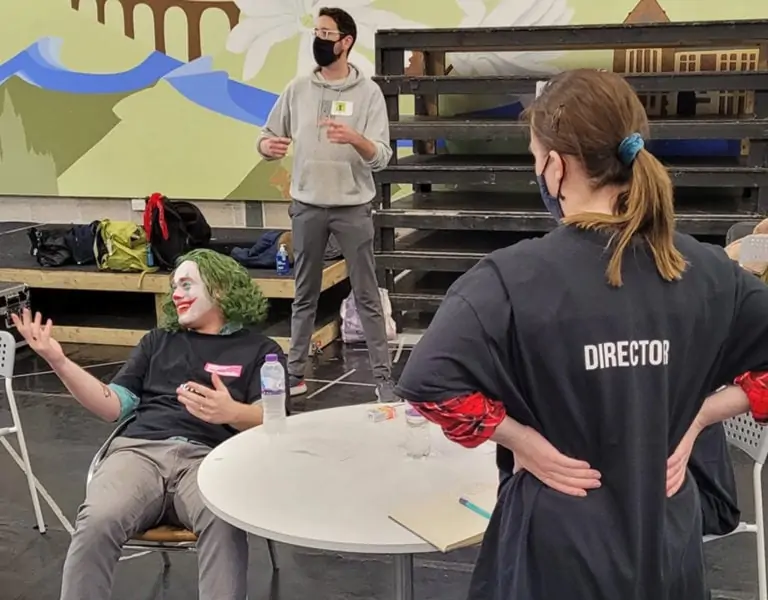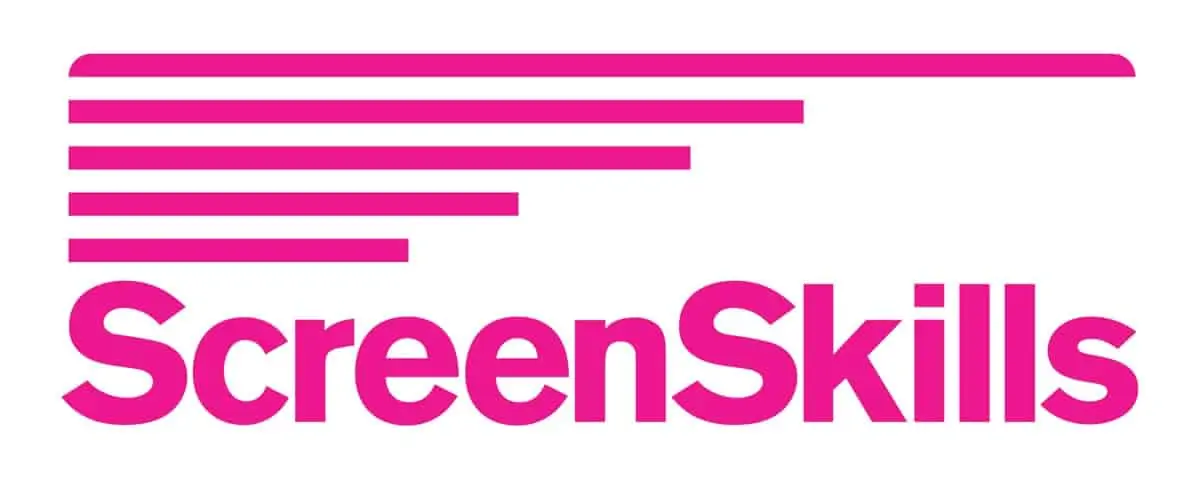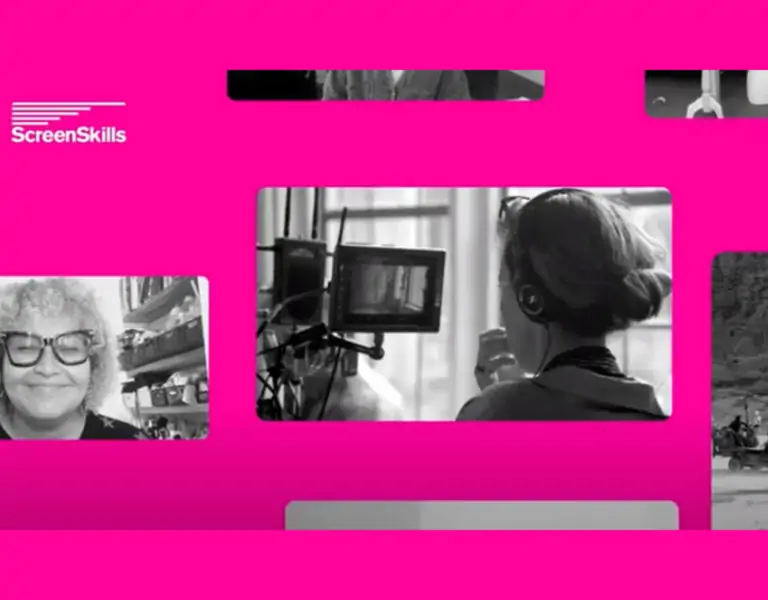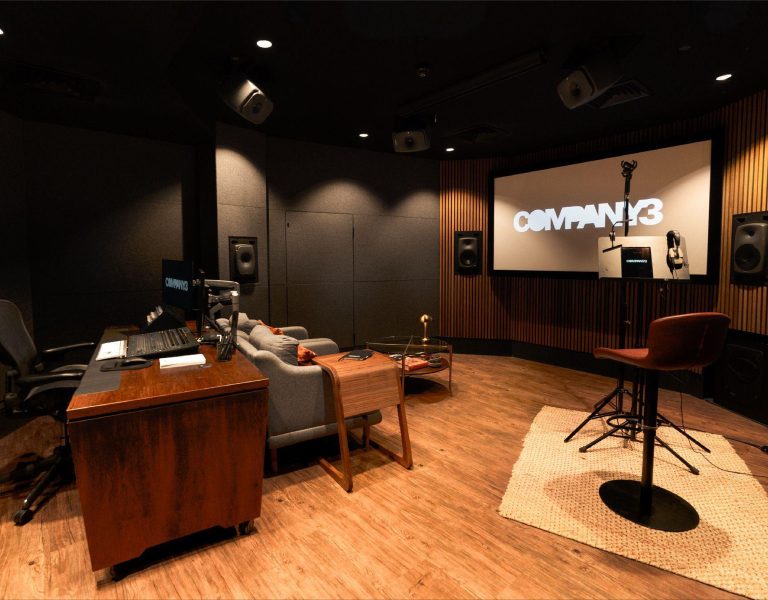
ScreenSkills has called for greater collaboration on improving social mobility in the UK screen industries as new research shows that only a quarter of people working in the sector come from lower socio-economic backgrounds, compared to 38% across in the workforce as a whole.
The research into class diversity in the screen industries was undertaken by the Creative Industry Policy and Evidence Centre (PEC),supported by ScreenSkills with National Lottery funds awarded by the BFI as part of its Future Film Skills strategy.
Findings highlight that class imbalances are particularly pronounced in job roles such as writers, producers and directors. With 61% of people in these roles coming from privileged backgrounds, the research indicates these are among the most elitist occupations in the creative industries and the wider economy.
The study argues for an industry-wide strategy to challenge the barriers people from a working-class background face when entering and progressing in the screen industries. It emphasises the need to invest in careers activities in social mobility ‘coldspots’ as well as in interventions that support progression of diverse future leaders and initiatives that promote equality, diversity and inclusive growth of creative clusters across the UK.
ScreenSkills CEO Seetha Kumar commented: “This study underlines how much needs to be done. We want to collaborate with colleagues in the sector on practical ways to unblock the barriers to people from socio-economically disadvantaged backgrounds getting into UK screen and progressing including supporting employers to introduce fairer recruitment and genuinely inclusive working practices. It is important that we share best practice and lessons learned. This is the only way to ensure that real progress is made and everyone can contribute to the success of the screen industries, no matter what their background.”
ScreenSkills already runs careers outreach programmes including the Discover! Creative Careers Week with creative industries partners and programmes such as First Break, which aims to demystify working in television for people from socio-economically disadvantaged backgrounds.











